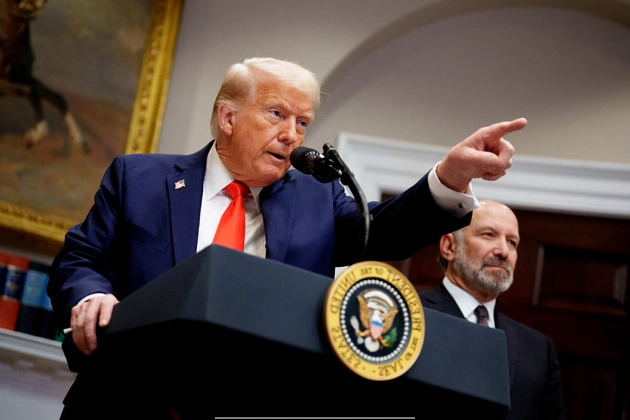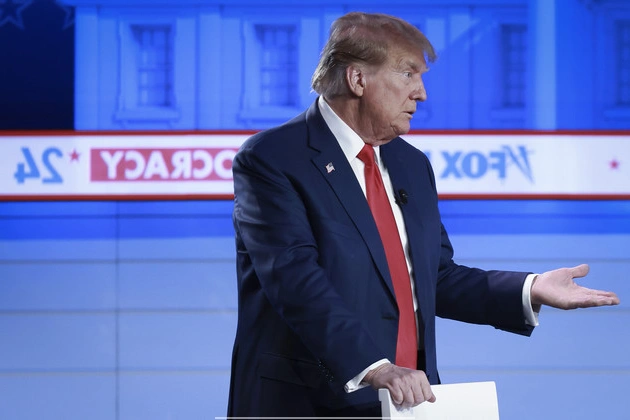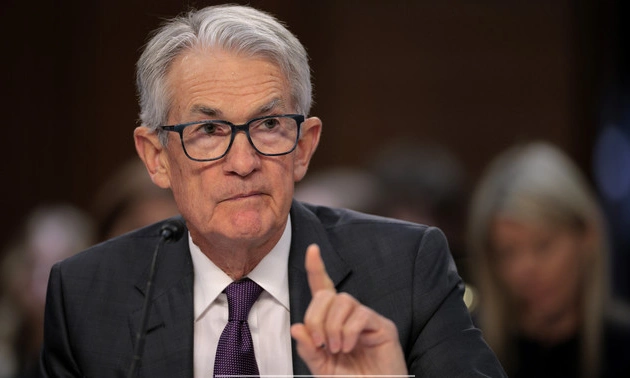
Impact of Trump's Mass Deportations on the Economy: A Comprehensive Analysis
The Economic Consequences of Trump’s Mass Deportation Policy
Donald Trump’s presidency was marked by his aggressive stance on immigration, promising to deport millions of immigrants to address concerns over border security. However, the economic implications of such a policy are far-reaching and complex.
Industries like construction, healthcare, and agriculture heavily rely on immigrant labor to sustain their operations. The influx of immigrants during previous administrations has been credited with boosting economic output and filling crucial gaps in the labor market.
Trump’s plan to deport millions of undocumented immigrants, many of whom are employed, could strain the economy by disrupting key sectors and driving up consumer prices.
The Balancing Act: Immigration, Inflation, and Economic Growth
One of Trump’s core campaign promises was to tackle both immigration and inflation, reflecting voter concerns over these issues. However, the mass deportation of millions of workers could have unintended consequences on inflation and economic stability.
Analysts warn that mass deportations could lead to labor shortages in industries like agriculture and construction, resulting in higher prices for goods and services. The sudden removal of a significant portion of the workforce could also impact housing construction and healthcare services, further straining the economy.
Challenges and Considerations
While Trump has emphasized prioritizing the deportation of individuals with criminal records, the scale of his deportation plan poses logistical and economic challenges. The costs of implementing such a policy could be substantial, with experts predicting ripple effects across various sectors.
Economists stress the importance of immigrant labor in sustaining economic growth and filling critical roles in key industries. The potential disruption caused by mass deportations underscores the need for a comprehensive and sustainable approach to immigration policy.
The Way Forward: Addressing Labor Shortages and Economic Impact
As the debate over immigration policy continues, the focus shifts to addressing labor shortages and maintaining economic stability. Experts suggest that a balanced approach is needed to ensure the seamless functioning of industries reliant on immigrant labor.
Building a robust workforce through a combination of domestic and immigrant workers is essential for sustaining economic growth and meeting the demands of various sectors. Policies that support legal pathways for workers and prioritize workforce development can mitigate the economic risks associated with drastic immigration measures.















